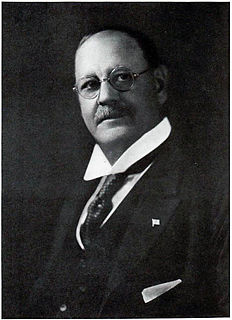| Eugene N. Costales | |
|---|---|
| Born | August 19, 1894 |
| Died | November 2, 1984 (aged 90) Orange, California |
| Nationality | USA |
| Occupation | Engineer |
| Spouse(s) | Viola Costales |
| Children | One daughter |
| Engineering career | |
| Institutions | Collectors Club of New York American Philatelic Society American Stamp Dealers Association |
| Practice name | Stamp dealer and auctioneer recognized stamp expert editor for the Scott catalog |
| Awards | APS Hall of Fame Neinken medal Luff Award |
Eugene N. Costales (August 19, 1894 – November 2, 1984), of New York City, was a noted stamp dealer, auctioneer, and expert on authenticity of rare stamps and antiquities.

The City of New York, usually called either New York City (NYC) or simply New York (NY), is the most populous city in the United States and in the U.S. state of New York. With an estimated 2017 population of 8,622,698 distributed over a land area of about 302.6 square miles (784 km2), New York is also the most densely populated major city in the United States. Located at the southern tip of the state of New York, the city is the center of the New York metropolitan area, the largest metropolitan area in the world by urban landmass and one of the world's most populous megacities, with an estimated 20,320,876 people in its 2017 Metropolitan Statistical Area and 23,876,155 residents in its Combined Statistical Area. A global power city, New York City has been described as the cultural, financial, and media capital of the world, and exerts a significant impact upon commerce, entertainment, research, technology, education, politics, tourism, art, fashion, and sports. The city's fast pace has inspired the term New York minute. Home to the headquarters of the United Nations, New York is an important center for international diplomacy.

A stamp dealer is a company or an individual who deals in stamps and philatelic products. It also includes individuals who sell postage stamps for day to day use or revenue stamps for use on court documents. Stamp dealers who sell to stamp collectors and philatelists are of many kinds and their businesses range from small home operations to large international companies.



